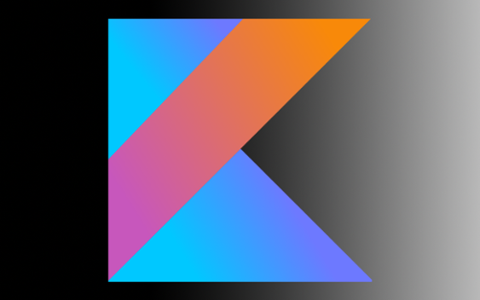For the past few years, the programming language Kotlin has enjoyed a surge in recognition and usage. First, Google declared it a “first class” language for Android development; then it began appearing on prominent lists of the world’s most popular programming languages, including HackerRank’s annual Developer Skills Report.
But does Kotlin’s actual usage live up to its hype? That’s a question worth asking after a glance at the latest TIOBE Index, which showed the language’s ranking drop from 36th to 40th place over the last year. TIOBE calculates its rankings based on data from a number of aggregators and other sources, including Wikipedia and YouTube; all qualifying languages must have their own Wikipedia entry, be Turing complete, and earn more than 5,000 hits for +”<language> programming” on Google.
Given TIOBE’s methodology, it seems safe to say that Kotlin might be a popular niche language, but it isn’t quite generating the buzz necessary to make it a top-ranked challenger of Python, Java, and other, larger languages. But things could very easily change in coming years: Just look at Swift, which Apple launched in 2014 as a replacement for the aging Objective-C; despite the company’s aggressive push, it would take several years for Swift to soundly overcome its predecessor on the popular-language lists. On this month’s TIOBE Index, Swift is several spots ahead of Objective-C, which is falling rapidly, and may soon begin to challenge Groovy, SQL, and PHP.
Something similar could happen with Kotlin, especially if Google continues to push it as hard as Apple has pushed Swift. Google has certainly given developers enough resources to begin using Kotlin in their latest projects. For instance, there’s the Android Basics in Kotlin course, which offers step-by-step instructions on how to use Android Studio to build apps.
That’s in addition to other Google-powered courses in the language, including Kotlin Bootcamp for Programmers, Android Kotlin Fundamentals, and, for those with a bit more experience, Advanced Android in Kotlin.
If you’re debating whether to spend the time and resources necessary to learn Kotlin, consider this: According to the aforementioned HackerRank 2020 Developer Skills Report, Kotlin was third among programming languages that developers are planning on learning next. The language might still be on the small side right now, in terms of buzz, but all indications suggest it’ll gain traction—and its ranking will rise as a result.



